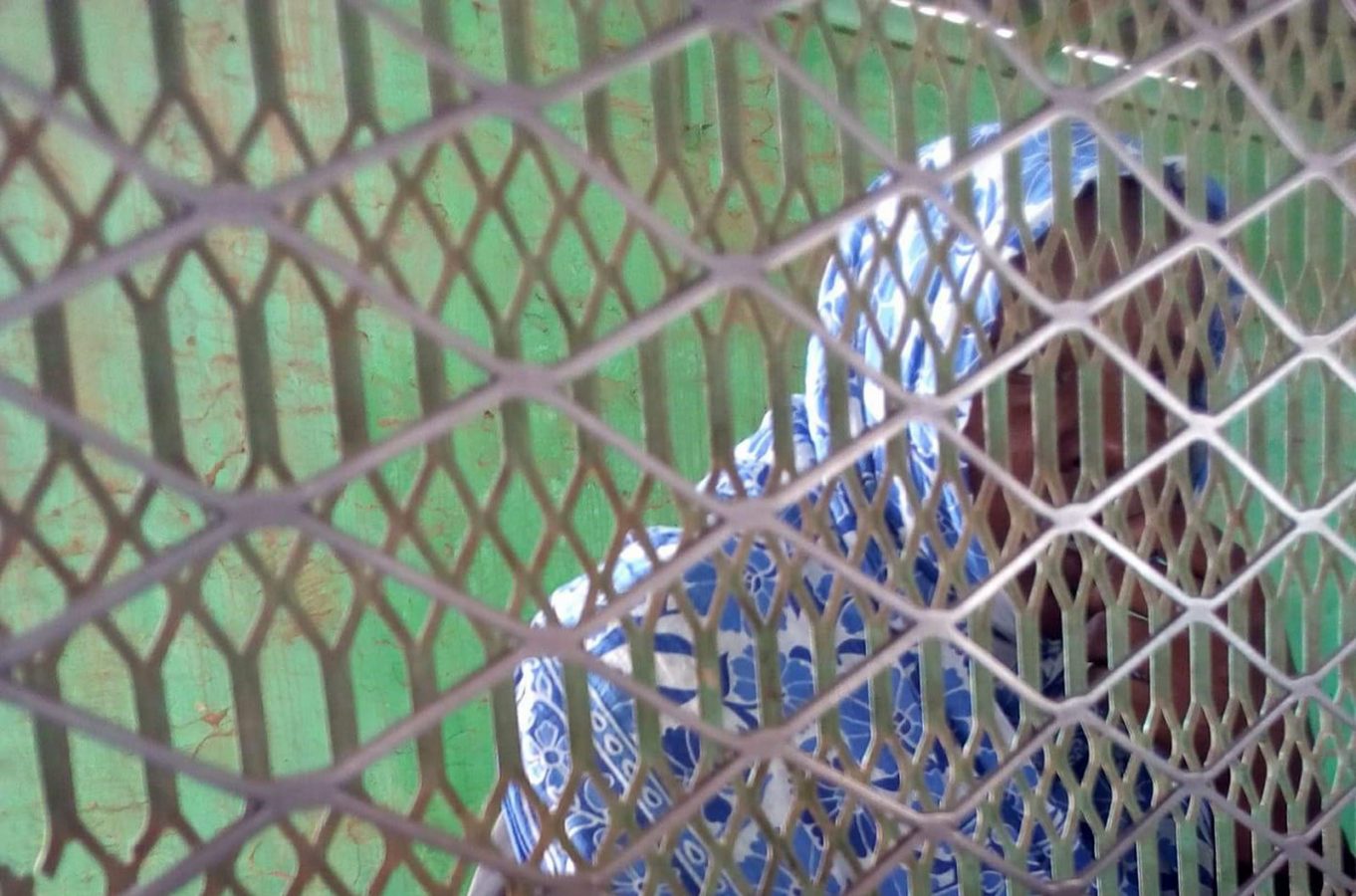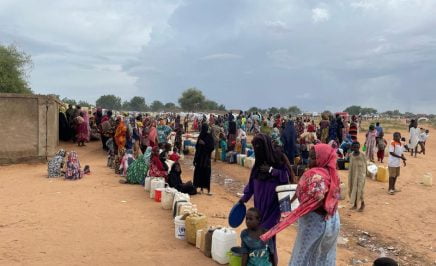On 26 June a Sudanese court repealed Noura Hussein’s death sentence and replaced it with a five-year prison term.
What happened?
Noura Hussein was sentenced to death on 10 May 2018. Her husband suffered fatal knife wounds during a scuffle at their home after he had attempted to force himself on her with the help of three other men. The revised sentence means she will spend five years in jail from the date of her arrest and will have to make a dia (blood money) payment.
“While the quashing of this death sentence is hugely welcome news, it must now lead to a legal review to ensure that Noura Hussein is the last person to go through this ordeal.”
– Seif Magango, Amnesty International’s Deputy Regional Director for East Africa, the Horn and the Great Lakes
Outdated law
Noura has been held in the Omdurman Women’s Prison in Sudan since May 2017.
After fatally stabbing her husband on 3 May 2017, Noura Hussein fled to her family home, but her father handed her over to the police, who opened a case against her. A medical examination report from the fight with her husband indicated she had sustained injuries including a bite and scratches.
At her trial in July 2017, the judge applied an outdated law which did not recognise marital rape. Noura was charged under the Criminal Act (1991) and found guilty of intentional murder on 29 April 2018 at the Central Criminal Court of Omdurman.
Noura was married against her will to Abdulrahman Mohamed Hammad at the age of 16. The first marriage ceremony involved the signing a marriage contract between her father and Abdulrahman. The second part of the marriage ceremony took place in April 2017, when she was forced to move into Abdulrahman’s home upon having completed high school. When she refused to consummate the marriage, Abdulrahman invited two of his brothers and a male cousin to help him rape her. Sudanese law allows children over the age of 10 to marry.
“The Sudanese authorities must take this opportunity to start reforming the laws around child marriage, forced marriage and marital rape, so that victims are not the ones who are penalised.”
– Seif Magango
How did Amnesty respond?
Nearly 31,000 people Amnesty International Australia supporters took action calling on Sudan’s Minister of Justice to overturn the ruling. These actions brought the case into the global spotlight and shone a light on marital rape and forced marriage in Sudan. Sudanese women and women like Zaynub Afinnih led a campaign that drove over a million people, all over the world, to speak out for Noura online.
Noura’s case serves as a reminder that when we rally together and pressure governments to respect human rights, we save lives.
What next?
“While the quashing of this death sentence is hugely welcome news, it must now lead to a legal review to ensure that Noura Hussein is the last person to go through this ordeal,” said Seif Magango, Amnesty International’s Deputy Regional Director for East Africa, the Horn and the Great Lakes.
“Noura Hussein was the victim of a brutal attack by her husband and five years’ imprisonment for acting in self-defence is a disproportionate punishment.
“The Sudanese authorities must take this opportunity to start reforming the laws around child marriage, forced marriage and marital rape, so that victims are not the ones who are penalised.”





